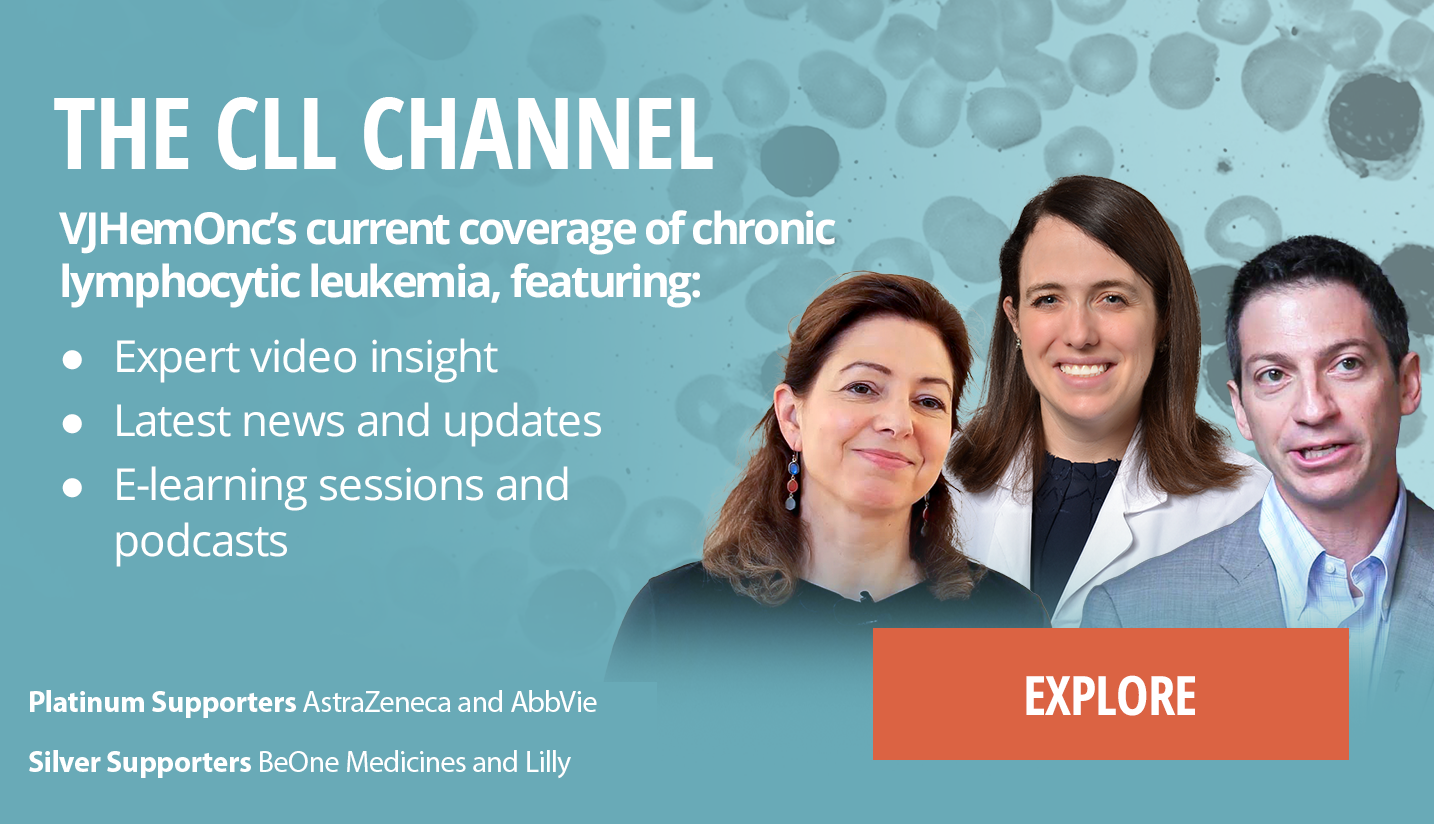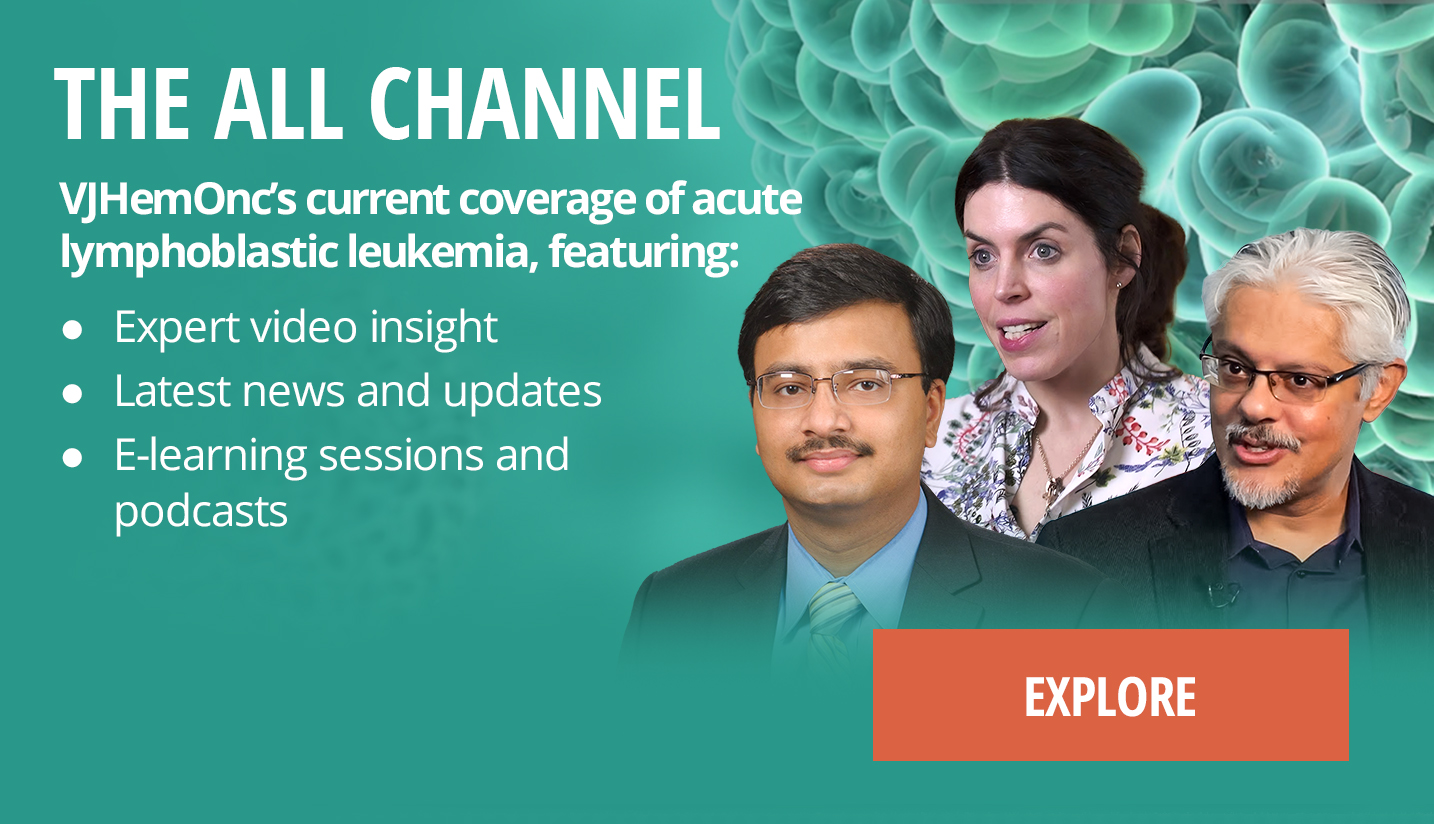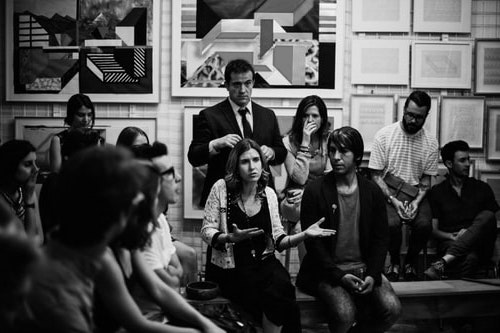The Chronic Lymphocytic Leukemia Channel is supported with funding from AstraZeneca (Diamond), AbbVie (Platinum), BeOne Medicines (Silver) and Lilly (Silver).
The Lymphoma Channel is supported with funding from AstraZeneca (Diamond), BMS (Gold), Johnson & Johnson (Gold), Takeda (Silver) and Galapagos (Bronze).
VJHemOnc is an independent medical education platform. Supporters, including channel supporters, have no influence over the production of content. The levels of sponsorship listed are reflective of the amount of funding given to support the channel.

















